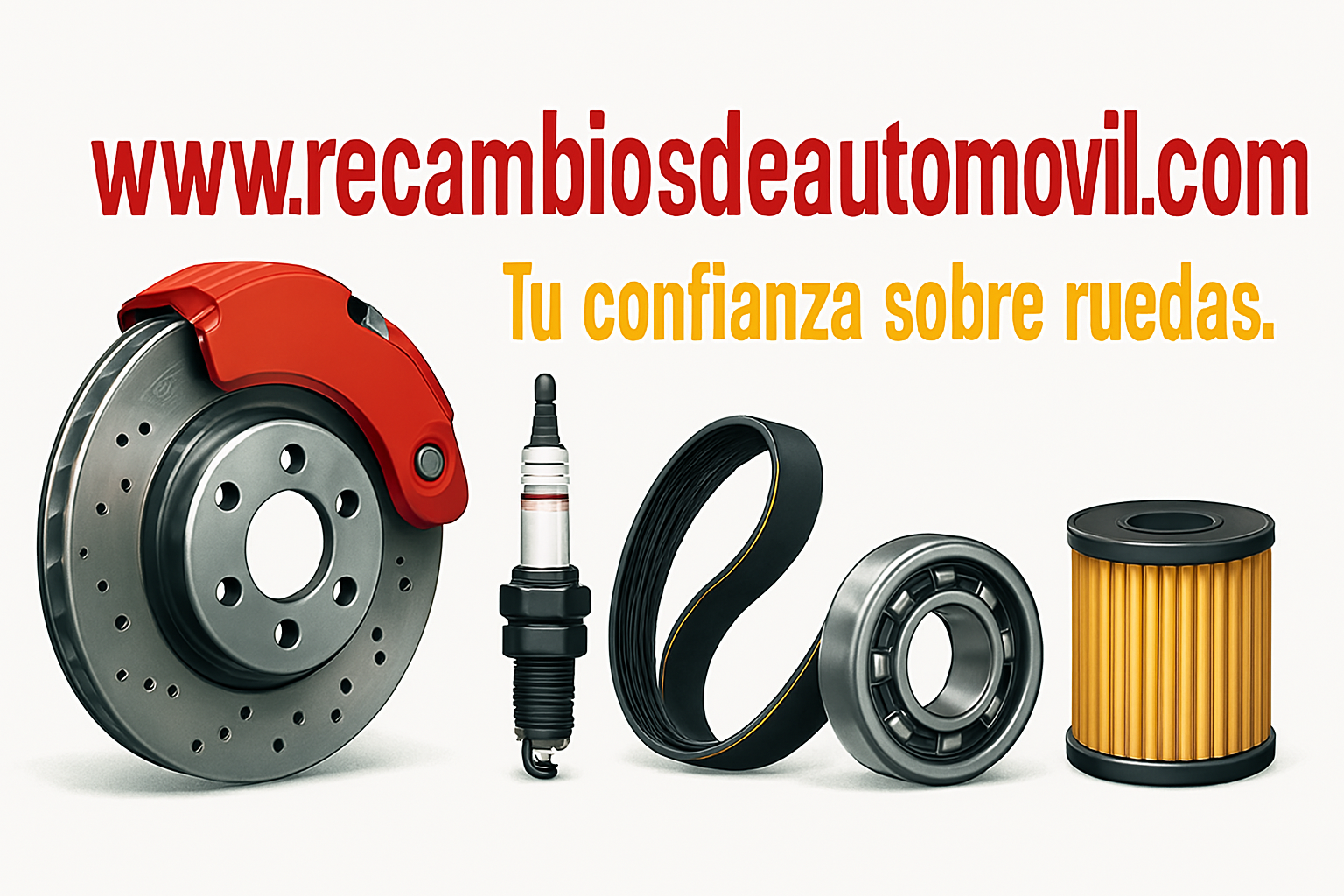
A car shock absorber is the suspension system component responsible for controlling and dissipating the kinetic energy generated by uneven ground. Its purpose is to limit spring rebound, keep the wheels in contact with the road, and ensure comfort, stability, and safety while driving. Shock absorbers consist of a cylinder with a piston inside, which moves in time with the oscillations of the wheel. The piston contains a fluid, usually oil or gas, which compresses and expands depending on the pressure it receives. In this way, the shock absorber transforms mechanical energy into heat and reduces vibrations. Operating Principle When the wheel hits a bump, the spring absorbs the initial deformation, and the piston begins to move inside the shock absorber. The oil or gas that occupies this space must pass through small holes and valves, generating resistance. This resistance transforms the spring's energy into heat, damping the movement. Compression Cycle Upward movements of the wheel cause the piston to compress the fluid. The oil passes through the compression valve, providing a resistive force proportional to the compression speed. Pressurized gas (if present) prevents bubble formation and ensures immediate response. Extension cycle (rebound) The spring returns to its shape, pushing the piston in the opposite direction. The fluid returns through the rebound valve, regulating the body's rebound. Both valves work together to balance comfort and control. There are different types of car shock absorbers depending on their design and operation. The most common are hydraulic shock absorbers, which use oil as a fluid, and gas shock absorbers, which use nitrogen or another inert gas. Within these types, there are different variants, such as twin-tube shock absorbers, which have two chambers separated by a valve, or monotube shock absorbers, which have a single chamber with a membrane. There are also adjustable shock absorbers, which allow the car's stiffness and ride height to be adjusted according to road conditions. Car shock absorbers are parts that suffer significant wear and tear due to use and the passage of time. Therefore, it is important to check them periodically and replace them when they show signs of deterioration, such as oil leaks, strange noises, loss of stability, or excessive swaying of the car. Shock absorbers in poor condition can affect vehicle performance, fuel consumption, and the safety of the occupants. Signs of wear and recommendations: Excessive bounce after hitting a bump. Knocking noises or oil leaks from the shock absorber body. Uneven tire wear or swaying when cornering. Check every 20,000 km and replace between 60,000 and 100,000 km depending on usage conditions. Always use quality replacement parts and perform an alignment after replacement. Main shock absorber manufacturers: Monroe: This American brand is one of the most recognized and respected in the shock absorber industry. With over 100 years of experience, it offers a wide range of shock absorbers and struts for all types of vehicles. Among its most popular products are the Monroe Oespectrum, which offers exceptional control and comfort thanks to its Twin technology; the Monroe Gas-Magnum, which is ideal for heavy-duty and cargo vehicles; and the Monroe Max-Air, which is adjustable according to air pressure. Sachs: Born from the union of Ernst Sachs (inventor of precision hubs) and Karl Fichtel in 1895, in Schweinfurt, Germany, initially focused on bicycle bearings and hubs. From the 1920s, the company consolidated its shift towards motorized mobility, incorporating the production of vehicle engines, clutches and shock absorbers in 1923, leveraging its knowledge of precision components. In 1923, along with clutches, SACHS began developing shock absorbers for automobiles, the first fundamental suspension components that absorb shocks and vibrations. Its initial designs combined coil springs with hydraulic chambers, laying the foundations for the technology it would perfect in subsequent decades. In 2001, Fichtel & Sachs became part of the ZF Friedrichshafen Group, adopting the ZF SACHS brand and maintaining its development headquarters in Schweinfurt. In 2011, it legally merged with ZF Friedrichshafen AG, consolidating its position as a premium brand of suspension and clutch components for original equipment and aftermarket products, with more than 10 million vehicles leaving the factory annually equipped with SACHS KYB shock absorbers. This Japanese brand is the largest shock absorber manufacturer in the world. It supplies its products to both the original equipment and aftermarket markets and has a global presence in more than 100 countries. KYB shock absorbers are distinguished by their reliability, performance, and durability. Among its most outstanding products are the KYB Excel-G, which are standard shock absorbers with a high level of quality; KYB Gas-a-just, which are high-pressure gas-charged monotube shocks; and KYB Premium, which are shocks with an exclusive design and a chrome finish.

